
Theoretical Foundations for Social Computing
The CCC Visioning Workshop Theoretical Foundations for Social Computing will be held in Washington, DC on June 29-30th.

Archive of articles published in the 2015 issue.

The CCC Visioning Workshop Theoretical Foundations for Social Computing will be held in Washington, DC on June 29-30th.
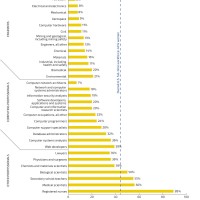
More than ever before in history, girls are studying and excelling in science and mathematics. Yet the dramatic increase in girls’ educational achievements in scientific and mathematical subjects has not been matched by similar increases in the representation of women working as engineers and computing professionals.
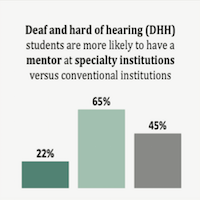
Thirty-five deaf and hard of hearing (DHH) and 20 hearing undergraduate computing majors reported who they went to most often for career advice and assistance.
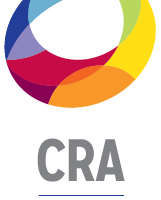
A look through the back issues of CRN provides some interesting contrasts in what’s changed and what hasn’t. This is the second of a series of occasional articles looking back at the hot topics in CRN 25 years ago.

The President’s FY 2016 Federal budget request, released in early February, would present a bit of a mixed bag for Federal science agencies.

CRA members have elected seven new members to its Board of Directors: Joel Emer, Stephanie Forrest, Michael Franklin, Greg Hager*, Farnam Jahanian and Vivek Sarkar.

The CRA Board of Directors has recently released its latest Best Practices Memo, “Incentivizing Quality and Impact: Evaluating Scholarship in Hiring, Tenure, and Promotion.”
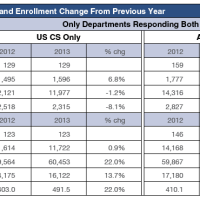
The 2014 Taulbee Report will be published in the May 2015 issue of CRN. As we have done for the past few years, we’re providing a preview of the degree and enrollment numbers for bachelor’s and doctoral level programs in the departments responding to the survey.
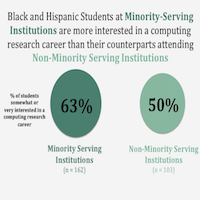
Black and Hispanic Students at Minority-Serving Institutions are more interested in a computing research career than their counterparts attending Non-Minority Serving Institutions
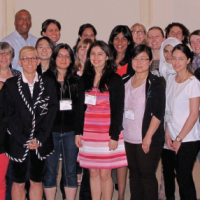
Three years ago in May 2012, as Terry Benzel, Deputy Director, Computer Networks Division, Information Sciences Institute at USC, Hilarie Orman, The Purple Streak (a software security firm), and I, Susan, then a visiting scholar at Harvard, sat at the IEEE Symposium on Security and Privacy, we had trouble seeing any other women. As women researchers in security and privacy of a certain age, we were accustomed to that. But we were not accustomed to the original proposal for the program committee for the following year’s program committee: forty men, two women. We looked at each other. There was not “world enough and time” to wait for the situation to change; we needed to take action now.

The following guest blog post is contributed by Ph.D. students Nick Doty and Richmond Wong working with Deirdre Mulligan from the University of California Berkeley School of Information.
This website uses cookies so that we can provide you with the best user experience possible. Cookie information is stored in your browser and performs functions such as recognising you when you return to our website and helping our team to understand which sections of the website you find most interesting and useful. You can adjust all of your cookie settings.
